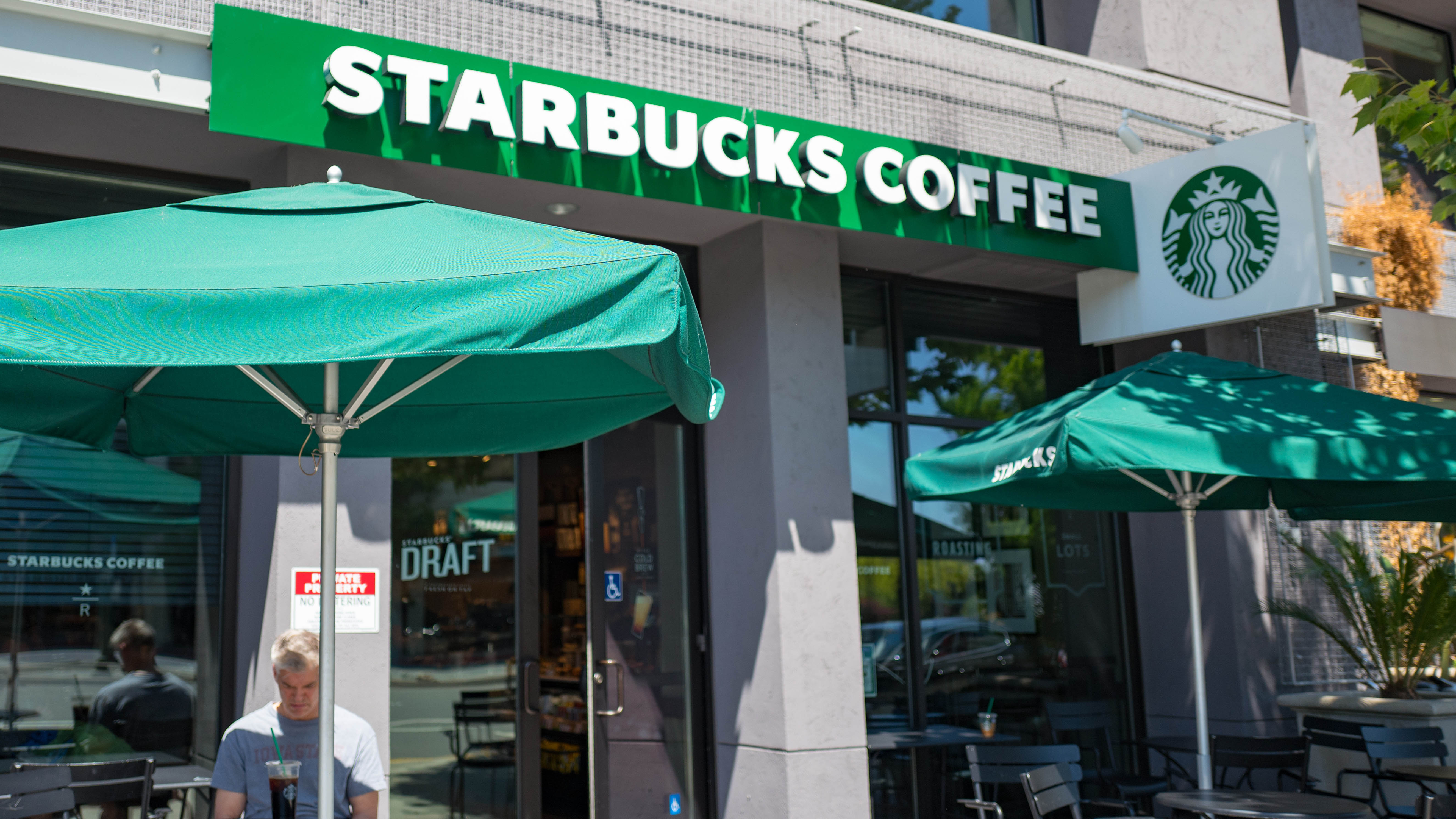Stocks have ended another fractious session with sizable losses amid worries about the nation's banks and a lackluster profit report at Microsoft Corp.
Stocks have finished well off their lows of the session on hopes that quick action on stimulus spending in Washington can help the economy. But even massive government spending won't erase Wall Street's immediate worries about the stability of banks.
The early drop and partial recovery have extended the streak of stock market volatility to a third day.
The Dow Jones industrial average, which had been down as much as 271 points, has closed down 105, or 1.28 percent, at 8,122. The Standard & Poor's 500 index is down 12 at 827, and the Nasdaq composite index is off 41 at 1,465.
Microsoft surprised investors by reporting its fiscal second-quarter earnings early — and the news was not good. The software giant posted an 11 percent drop in profits and said it will slash 5,000 jobs over the next 18 months.
The company said deteriorating global economic conditions and lower revenue from PC software forced it to cut back. The company also said it is unable to provide any profit and revenue forecasts for the rest of the year because of the market volatility.
Uneasiness about the stability of the financial sector continued to plague investors Thursday, and bank stocks took another beating. Quarterly financial reports showing steep profit declines and big loan losses have investors worried that the financial crisis is far from over, and that the government's efforts to prop up banks might not be enough to prevent a major failure.
U.S. & World
And there are risks to shareholders, as well as taxpayers, if the government steps in to save a bank. Bank investors could see the value of their holdings tumble if the government were to take a big stake in a company. That's because banks have been issuing shares to the government in exchange for much-needed cash. With so many more overall shares in the marketplace, each one is worth less.
Congress has given approval for President Barack Obama to begin doling out the second half of the government's $700 billion financial rescue fund. Uncertainty over what will happen to the banks has led to the tug-of-war in their share prices this week. Investors don't want to miss a good bargain but are afraid of getting wiped out by a government intervention.
Meanwhile, Bank of America Corp. said former Merrill Lynch & Co. Chief Executive John Thain has resigned after a meeting of Bank of America executives Thursday morning. The company didn't offer a reason for Thain's departure, but it follows news that Merrill Lynch had moved up its year-end bonuses, handing out payments just days before it was officially acquired by Bank of America on Jan. 1.
Thursday's news follows a wild two days in the markets. The Dow jumped 3.5 percent Wednesday amid a rally in the battered banking industry, stronger-than-expected results from IBM Corp. and hopes of swift action in Washington to help the economy. Those gains came just a day after the Dow tumbled 4 percent on worries governments would further intervene to help struggling banks.
"The increased volatility is not a good sign," said Bruce McCain, chief investment strategist at Key Private Bank. He said volatility should gradually decrease as the market progresses in the sometimes long process of finding a bottom. The market's fractiousness this week could indicate that it will take longer for Wall Street to find the level where stock prices are priced appropriately.
Still, McCain is encouraged that the benchmark S&P 500 index has remained above the intraday low of 741.02 it touched on Nov. 21 and the 11-year closing low it set on Nov. 20.
Roy Williams, chief executive of Prestige Wealth Management Group, said volatility is likely to endure. He contends the Dow industrials will remain in a range.
"I think we're going to be bouncing between 7,500 and 9,000 for the next couple of quarters," he said.
While Microsoft showed weakness, computer and electronic gadget maker Apple Inc. reported fiscal first-quarter profit and revenue that topped analysts' projections.
Microsoft dropped $1.92, or 9.9 percent, to $17.46, while Apple gained $6.55, or 7.9 percent, to $89.38.
Two other technology and Internet heavyweights are set to release quarterly results after the market closes Thursday: Google Inc. and Advanced Micro Devices Inc.
Among the day's economic reports, the Labor Department said the number of first-time jobless benefit claims jumped to a seasonally adjusted 589,000 in the week ended Jan. 17 from a revised 527,000 the previous week. Economists polled by Thomson Reuters, on average, forecast claims would increase to 540,000.
"Unemployment numbers are bad, and might get a little worse," Williams said. "Everyone is in a defensive mode right now."



